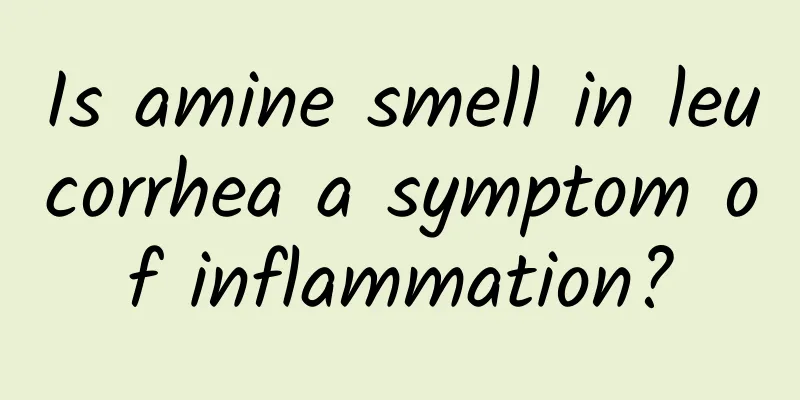Is purpura contagious? Just take a look and you will know

|
Purpura is a skin disease caused by allergies or drug stimulation. There are many factors that cause purpura. Purpura looks very scary, but it is not contagious. 1. What is purpura Purpura is a hypersensitivity capillary and small vessel vasculitis characterized by non-thrombocytopenic skin purpura that may be accompanied by joint pain, abdominal pain, and kidney lesions. The causes of the disease are complex, and bacteria, viruses, food and drugs can all cause the disease. 2. Is purpura contagious? No, purpura is not an infectious disease. For example, allergic purpura refers to an allergic reaction to blood cells inside the body. It is not contagious and targets the body itself. 3. What should I pay attention to for allergic purpura The allergens of allergic purpura may not be identified, and the examination is only for reference and has little significance. For mild cases, you need to rest, move less, and keep your lower limbs flat. Severe cases may require oral or intravenous hormone treatment. General treatment: oral vitamin C, rutin, anlosan, and calcium tablets. Check blood and urine routinely, if there are any problems, further treatment should be strengthened according to the situation. During the illness, eat a light diet and avoid stimulating foods. 4. How should patients with Henoch-Schönlein purpura arrange a reasonable and scientific diet? First of all, all kinds of allergenic foods should be avoided. Food allergy is a major cause of this disease. Foreign proteins in many foods can cause allergic purpura. These foods mainly include fish, shrimp, crab, eggs, milk, broad beans, pineapple, etc. Once a patient finds that a certain food is allergenic, he or she should not eat this food for life, and should not use cooking utensils and tableware that have come into contact with this food. In addition, patients with allergic purpura should not eat vegetables such as fresh flower buds that they have never eaten before, because it has been reported that plant pollen is also a common allergen. Secondly, patients with allergic purpura often suffer from anemia due to excessive bleeding, so they should eat more protein-rich and blood-enriching foods to supplement the body's needs. These foods mainly include lean meat, eggs, animal liver, kidney, spinach, tomatoes, kelp, seaweed, fungus, jujube and beans and their products. In addition, patients should eat more foods high in vitamin C. Vitamin C can reduce the permeability and fragility of capillaries. Eating more of these foods will help their recovery. Foods rich in vitamin C include grapefruit, orange, tangerine, apple, lemon, strawberry, kiwi, tomato and various green leafy vegetables. It is worth noting that the diet of patients with Henoch-Schonlein purpura should not only supplement with various nutritious foods, but also try to make the food lighter. Those with kidney damage should limit the intake of salt and water. |
<<: Why is the blood thick? It's because you often do this
>>: Treatment of Henoch-Schonlein Purpura
Recommend
How to treat oral polyps
Polyps are relatively common in our daily life. T...
Western medicine is effective in treating aortic sclerosis!
Aortic sclerosis is extremely harmful and should ...
What is the cause of the pain in the ring jump?
Huantiao acupoint is a relatively important acupo...
Home remedies for treating tinnitus, small folk remedies for treating tinnitus
Tinnitus is a relatively common ear disease. When...
What medicine is good for removing scars?
In our lives, some unexpected situations may caus...
What are the signs of cerebral hemorrhage?
Cerebral hemorrhage has an important relationship...
Viral cold
Cold is a common disease that almost everyone has...
Things to note about leukemia
In fact, leukemia is a type of malignant clonal d...
Effects of Ganoderma Lucidum and Panax Notoginseng
Both Ganoderma lucidum and Panax notoginseng are ...
Hernia can cause big problems, don't ignore the bulge in your lower abdomen!!
When organs and tissues in the body leave their o...
Bone age and height
There are many issues in life that need attention...
Can Guiling Gao remove acne?
Guilinggao has a more obvious effect, which is th...
How to treat rubella virus
Rubella virus can actually seriously affect our p...
What should I do if I have low blood pressure and poor sleep?
With the increasing work pressure, many people do...
Huoxiang Zhengqi Pills
Huoxiang Zhengqi Drops? No matter which season it...









